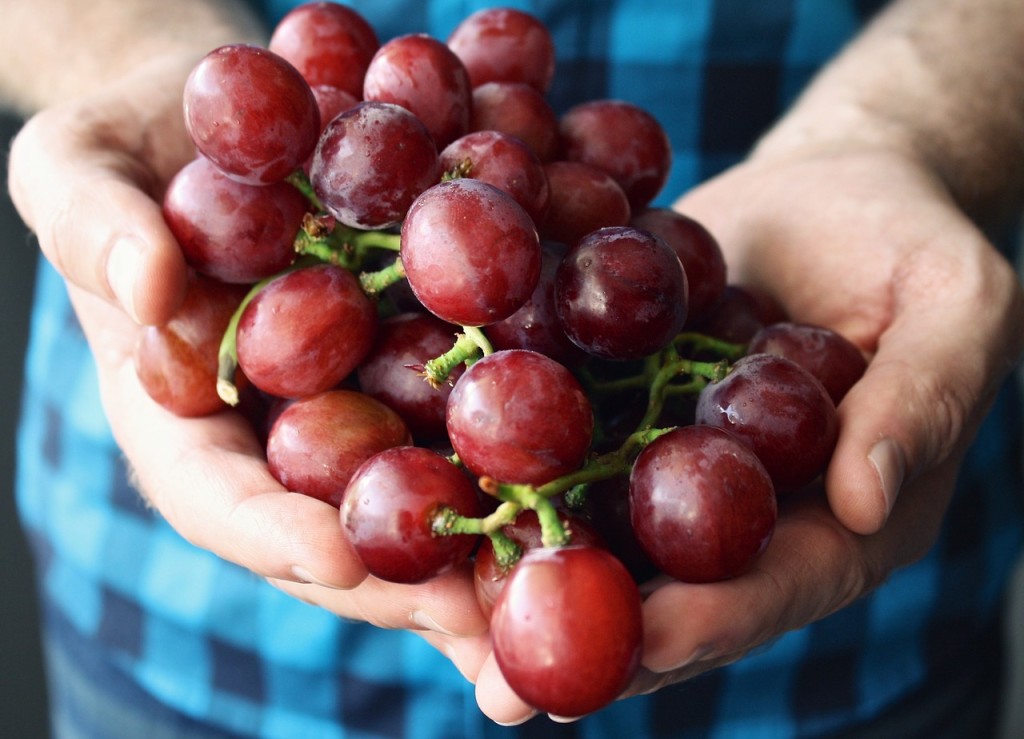Parashat Qorah
Numbers 16:1 – 18:32
After the rebellion of Qorah and his allies is put down, the standing of the tribe of Levi, and the priestly clan within that tribe, is strengthened. And with the reaffirmation of the Levitical standing comes a reaffirmation of their additional responsibilities. The priests are set aside to be the exclusive officiants in the rituals of the sanctuary. They stand between God and Israel. Their Levite cousins stand in between, as well. They serve both the priests and the people.
The closing section of our Torah portion gives expression to this intermediate position held by the Levites. It commands that the Levites contribute to the upkeep of the priests. Let us remember how these groups were supported. The entire tribe of Levi was excluded from receiving extensive lands to cultivate. Thus they could concentrate on their spiritual vocation. But how were they to eat? All of Israel was commanded to give a small gift to the priests, a gift of unspecified measure. And they were commanded to give a specified measure – a tithe – to the Levites. Now the Levites are also commanded to offer a gift to support their priestly cousins, “a tenth from the tenth” that they had been given. (Num. 18:26)
Were the landless Levites meant to think of themselves as living off of handouts? Were their own mandated gifts to be seen as a mere tax? The Torah tells the Levites to view their gift in a particular way: “Your raised up gift shall be considered for you as grain from the granary and like the fullness from the winepress.” (v. 27, and v. 30) Just as the Israelite would view the produce that they donated as the literal fruits of their physical labors, so were the Levites meant to view the gifts that they had received and then tithed, not as gifts doled out to them, but as their own hard-earned “produce.” These gifts were to be seen as actually being the fruits of their own labors as they assisted the priests on behalf of the people. Their fields and their vineyards were not demarcated by fences and boundary markers. They were the very souls of the Jewish people whom they were called upon to lovingly and vigilantly tend and maintain.
Shabbat Shalom,
Rabbi David Greenstein
![]()
Subscribe to Rabbi Greenstein’s weekly d’var Torah
image: image: “untitled” © Ponce Photography altered and used with permission via Creative Commons License or via Creative Commons Public Domain Dedication
- Toby Stein: In Memoriam - Thu, Feb 8, 2024
- Faithfulness and Hope: Parashat Sh’lach - Thu, Jun 23, 2022
- Past Their Prime: Parashat B’ha`a lot’kha - Thu, Jun 16, 2022

